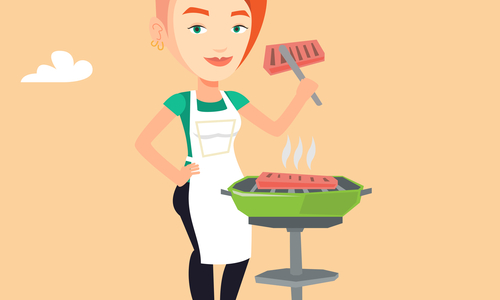Grill Tips for the Summer
8 minute read
|
Tips
It's the height of summer, and that means it's time to fire up the grill. Whether you're a seasoned pro or just starting out, there’s always room to improve your grilling skills. At AEI, we know that mastering the grill isn’t just about cooking—it’s also about preparation, technique, and a little bit of patience. Below are some essential barbecue tips to help you take your outdoor cooking to the next level this season. From cleaning your grill to managing flare-ups, these tips will ensure your meals are delicious, safe, and perfectly cooked every time. When it comes to grilling, choosing between gas and charcoal can make a big difference in flavor and convenience. Gas grills are easy to use and clean, producing mostly water vapor and carbon dioxide. Charcoal, on the other hand, adds a smoky depth as fats drip onto the coals, creating aromatic compounds that infuse the food with flavor. For high-heat foods like burgers or fish, the difference between gas and charcoal is minimal. However, when cooking for longer periods—like ribs or brisket—charcoal provides a stronger, smokier taste. If you're using indirect heat, the smoky flavor from charcoal becomes more pronounced over time. Want more information? Have a question? Contact us today, and we will be happy to help! Transport Box,Tractor Transport Box,Transport Box For Tractor,3 Point Transport Box Changzhou Kafurter Machinery Co., Ltd , https://www.kafurter.comSummer Grilling Tips to Elevate Your Barbecue Game

PGS Grills: The Essentials
Gas vs. Charcoal: What's the Difference?